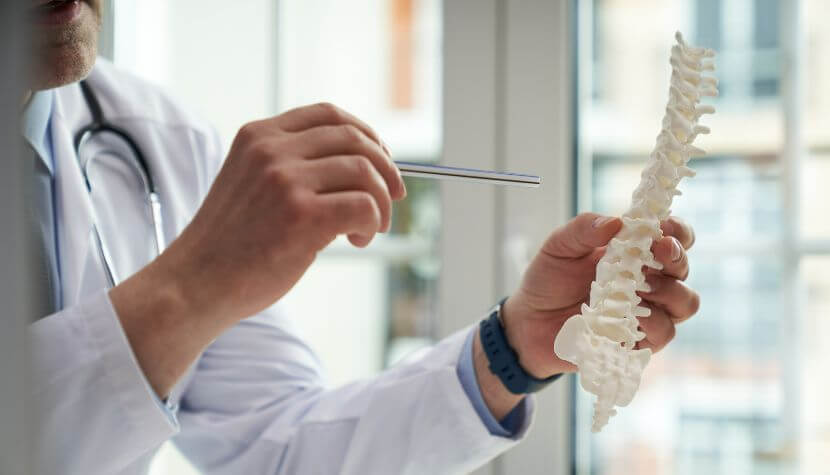
Osteoporosis is a disease in which the bones become weak and are more likely to break. Millions of people in the U.S. either already have osteoporosis or are at high risk due to low bone mass. As you age, your risk of developing osteoporosis increases and women are much more likely than men to develop osteoporosis.
A sixth of people younger than age 65 and a third of people older than 65 have symptoms of osteoporosis. Osteoporosis is weakening of bone structure. A third of people (including women and men) have osteoporosis and more than a third of those will have one or more bone fractures as a result. Some factors that lead to osteoporosis, like age, gender, and genetics, cannot be changed. Still, other factors such as getting enough calcium, vitamin D, strength training, and aerobic exercise are well within our control.
To find out more about osteoporosis and what you can do to help prevent it, we have provided links to some great resources on the subject. This includes information on Dual-energy X-ray absorptiometry, or DEXA scan, which can diagnose osteoporosis by measuring bone mineral density and is performed at ImageCare.
Useful Links
communitycare.com/ImageCare/DEXA
At ImageCare we have the ability to detect osteoporosis at an early stage. This allows you to protect yourself from the potentially debilitating effects of osteoporosis.
Osteoporosis is a disease in which the bones become weak and are more likely to break. Millions of people in the U.S. either already have osteoporosis or are at high risk due to low bone mass. Here are 3 simple ways to reduce your risk of osteoporosis.
Many factors lead to osteoarthritis and osteoporosis. Some we know and some we don’t. Some factors we can’t change (like age, gender and genetics). Here are the ones that are well within our control.
NYS Department of Health/Osteoporosis
The New York State Department of Health has all the facts you need about osteoporosis including how it’s diagnosed, how common it is, and what you can do to prevent it.
National Institute of Health/Osteoporosis
The National Institute of Health can help you cope with osteoporosis and inform you on how to improve your bone health.
